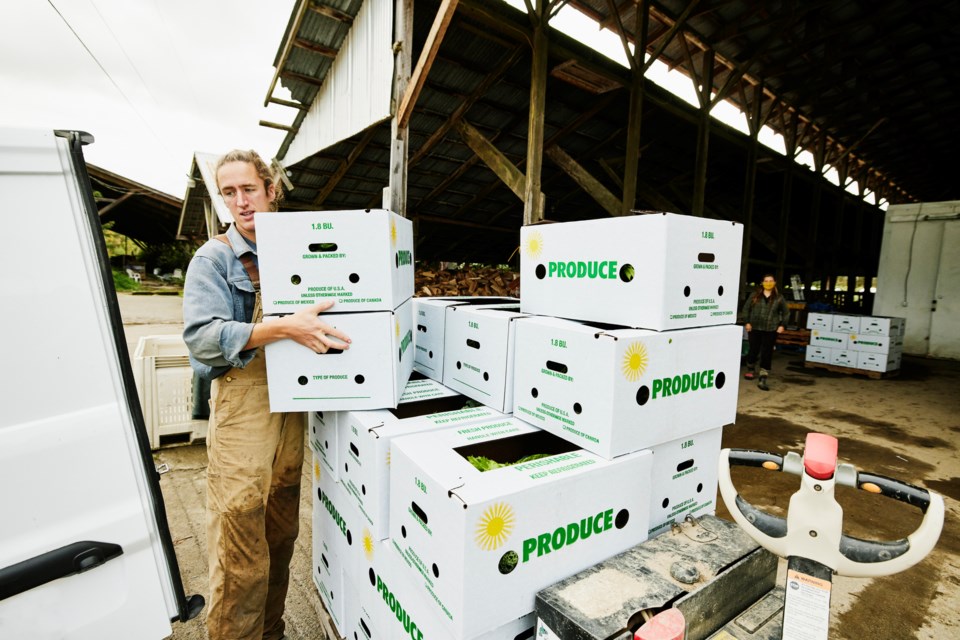There will essentially be no border for food companies in Lloydminster during a two-year pilot project announced last week.
Saskatchewan, Alberta and the Canadian Food Inspection Agency are partners in an interprovincial food trade project first proposed in November 2021.
Barriers to interprovincial trade have long been a concern, particularly in border cities, and previous pilots haven’t resulted in any change.
Even within the city, food businesses must follow CFIA regulations that restrict products moving from one province to another.
CFIA on Jan. 16 published its intention to amend the Safe Food for Canadians regulations for this latest project.
Through the project period, the city will be considered a single jurisdiction.
Saskatchewan agriculture minister David Marit said the start date isn’t yet known but companies interested in participating should contact the Lloydminster Chamber of Commerce.
He said the Saskatchewan Health Authority will supervise.
Marit also said this is a long-standing issue.
“It’s harder to move goods across our provincial borders than it is internationally to some degree,” he said.
Food products that move internationally and interprovincially have to come from federally regulated facilities. But Marit said food from provincial facilities is still safe.
“Every province says the same thing,” he said, referring to discussion at ministerial meetings.
“If we’re inspecting our places and the food is good for Saskatchewan residents, why isn’t it good for Alberta residents and vice-versa?”
Now, if a grocery store is making sandwiches to sell over the counter in a store on the Saskatchewan side of Lloydminster, it can’t legally take those sandwiches to sell in its convenience store on the Alberta side.
Meat processors have long asked for standardized inspection.
The regulations don’t apply to consumers, who can buy food products in any province and transport them to another.
Marit said CFIA has said if the regulations are changed within the country, then other countries will question Canadian standards. That isn’t an argument as far as he is concerned, he said.
“We hope this works out well and hopefully we can kind of set a precedent,” he said.
Marit added he understands that federally inspected food companies may have concerns because they spend a lot of money to meet the required federal standards.
In a news release, the Alberta agriculture minister said the city’s food businesses have asked for a solution for years.
“I look forward to seeing how our efforts to reduce red tape on food trade will make life better in Lloydminster and inspire further reductions to interprovincial trade barriers,” Nate Horner said.
Interested participants can register here.
The chamber is also holding an information session on Jan. 26.



